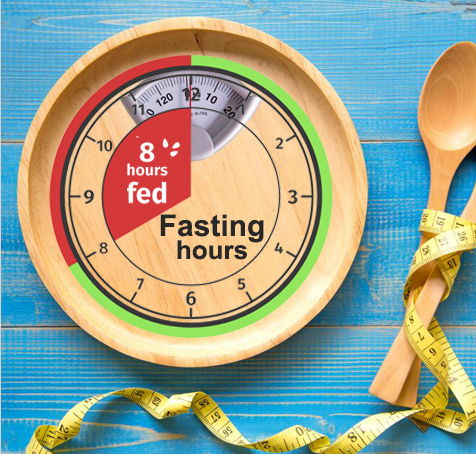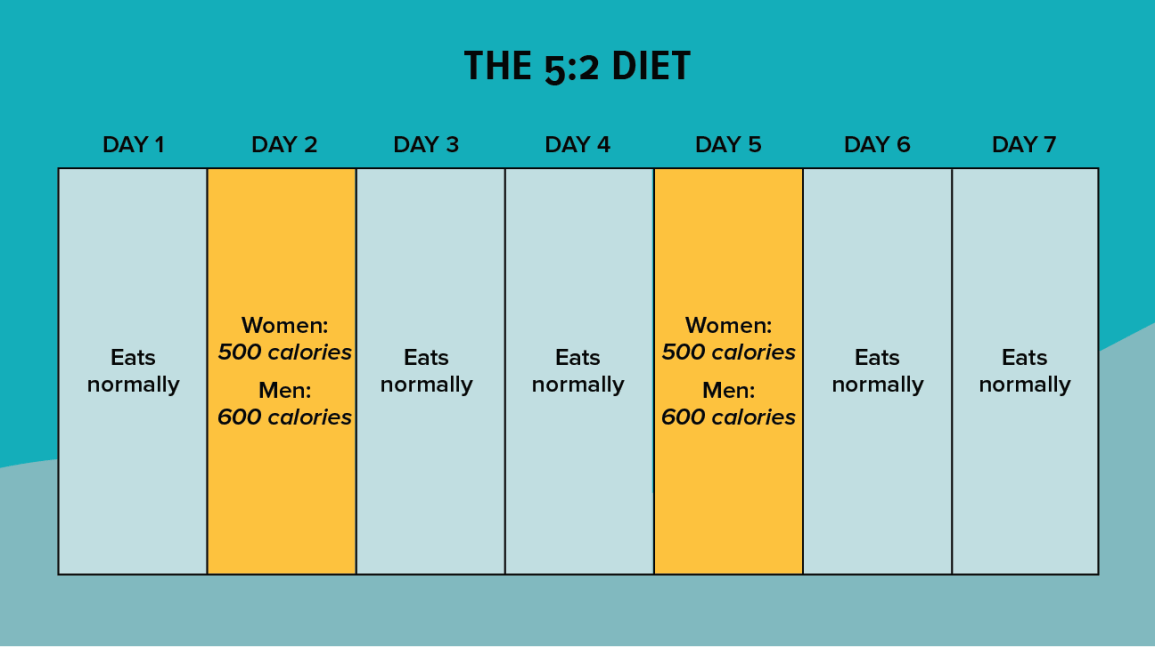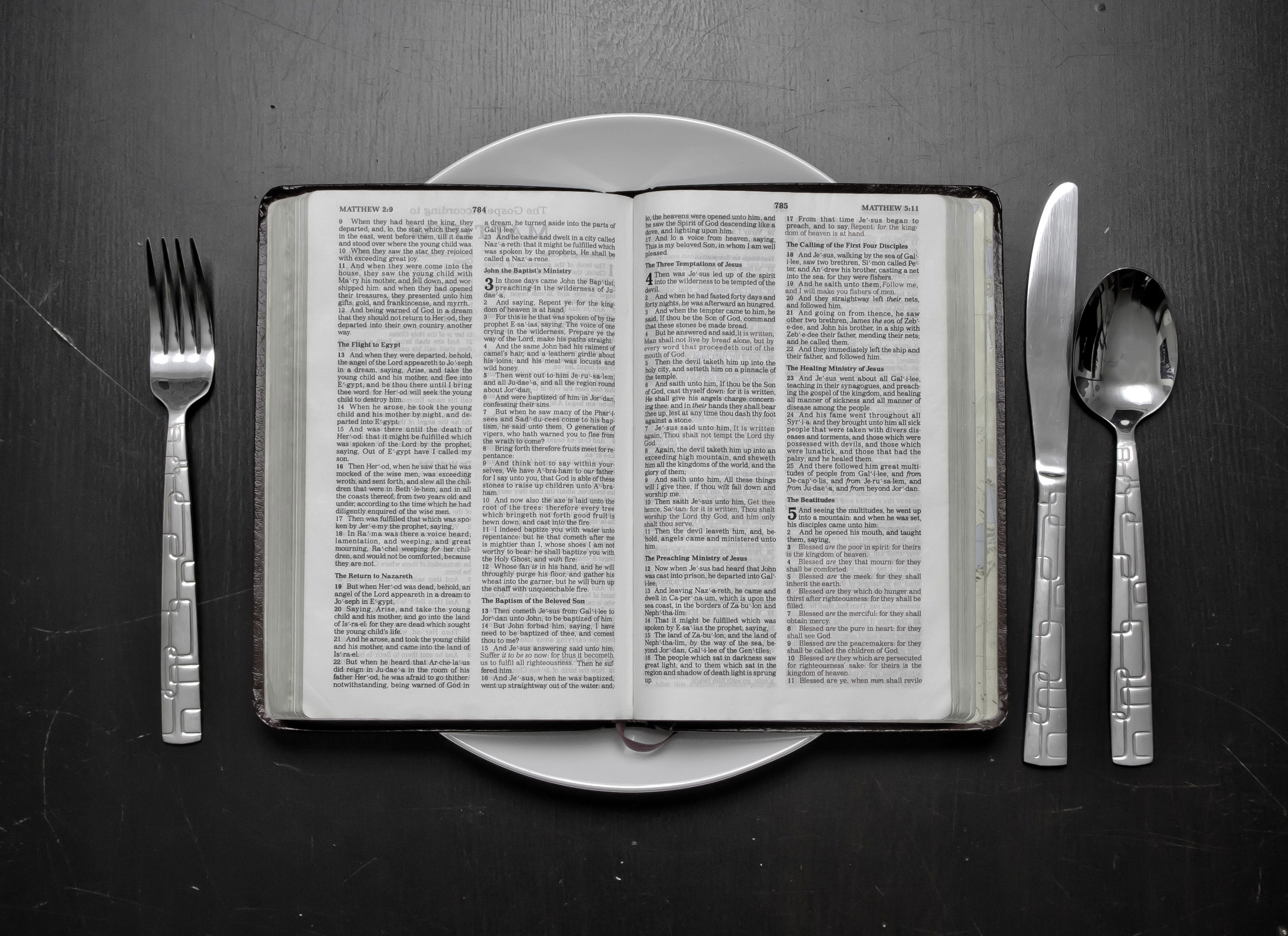NUTRITION FACTS ON FASTING
By Simiyu Nalianya | Sharon Tallam

Fasting involves volunteer abstinence of some or all food for some period of time, could be some hours, a day or even couple of days for reasons maybe religious or health wise.
There are several fast patterns in this case we have;
5:2 Pattern which restricts your calorie intake for two days per week (500 calories per day for women and 600 for men). The 6:1 Pattern: the difference between this and 5:2 is that in 6:1 you fast one day per week. “Eat Stop Eat”: is a 24-hour complete fast 1–2 times per week, for example you skip eating completely on Tuesday then you eat on Wednesday the you skip meals on Thursday.

The 16:8 Pattern: This pattern involves only consuming food in an eight-hour window and fasting for 16 hours a day, every day of the week.
Types of fasting
Water fasting: Involves drinking only water for the period set for fasting.
Juice fasting: Entails only drinking vegetable or fruit juice for your fasting periods.
Intermittent fasting: Intake is partially or completely restricted food intake for a few
hours up to a few days at a time and a normal diet is resumed on other
days.

Partial fasting: Certain foods or drinks such as processed foods,
animal products or caffeine are eliminated from the diet for a set period and other food are eaten Calorie restriction: Calories are restricted for a few days every week. Fasting can cause your body to be dehydrated and as a result cause fatigue, dry mouth and headaches, its encouraged you drink enough fluids during fasting to avoid this. Remember normally some of the fluids are coming from foods and now because you are not eating it gets easy to be dehydrated, after a period of fast, it can be tempting to celebrate and feast on a huge meal, this is not advised since it could leave you with bloating issues and the feeling of being tired, also if you are fasting for the sake of weight loss then feasting on food will make you even add more calories and slows down your weight loss goal and with that.
The best way to break a fast is to introduce light meals first as you progress to your normal food intake, here is another thing, when fasting you tend to have muscle lose and so you need to maximize on protein intake the time that you are fasting and also be sure not to exercise too much because it consumes a lot of energy which you don't have. Sick individuals are not advised to take a fast because it may cause more harm to the body and causing adverse effects.

Noe you have the knowledge, practice it
source: HEALTHLINE JOURNAL by Helen West 2019
